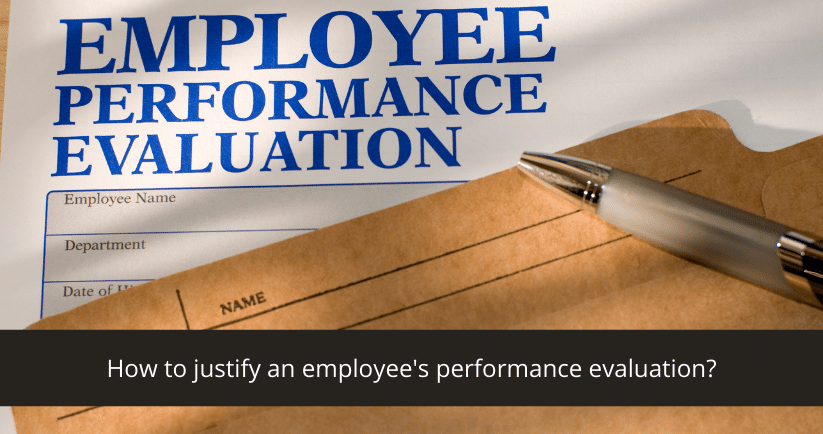A survey conducted by salary.com showed that a whopping 90% of performance appraisals turn out to be inadequate.
Now that’s an alarming figure! This can be somewhat attributed to the way this quintessential talent management process is executed in most companies. Performance appraisal undoubtedly is the most dreadful process for employees and HR professionals and thus, it ought to be executed in a straightforward and unemotional manner.
Both negative as well as positive performance reviews of an employee require justification. Most importantly, negative reviews ought to be documented well and backed with substantial proof to avoid any kind of dispute. This can be anything such as project fails, behaviour issues, warnings related to work etc.
Here’s how you can avert the potential shortcomings that performance reviews often bring along:
1. Solid and substantial proof
Any kind of negative review should be backed with detailed and solid proof. Employees would want to know the reasons for which they received a negative review.
Make sure to keep handy a detailed track record of each employee’s weaknesses, achievements, violations, etc., since it will help back up the review and minimize confusion during the confrontation.
Though maintaining a thorough track record might seem dreary and tiresome, it is sure to come to your rescue when the employee demands a documented fact to back the review.
2. Validate your proof
Seek out confidential feedback and reviews from the employee’s clients, colleagues, managers, and subordinates to validate your evaluation.
Don’t make any negative remarks or sing out praises of the employee before they (subordinates, managers, colleagues, clients) submit their reviews, since you won’t want your feelings or thoughts regarding the employee to influence their reviews.
If their reviews coincide with your version, use the remarks to validate your performance evaluation. If the reviews differ from yours, then it’s time to rethink over your evaluation to ensure that it stays rational and fair.
3. Keep personal disputes at bay
It is better to avoid including conflicting work styles and personality disputes to justify a negative review.
Unless the differences hamper productivity, keep them at bay. Such criticism is often perceived as petty and unethical causing the employee to make workplace relations more awkward.
If at all, you need to address personal differences, do so with a face-to-face discussion with the employee.
These are three simple yet effective ways to justify an employee’s performance evaluation minus chaos. To know how our intelligent performance management system can automate and simplify this dreaded and critical human resources management process, contact us or drop a note at sales@pockethrms.com to book a quick demo and see how it works.









